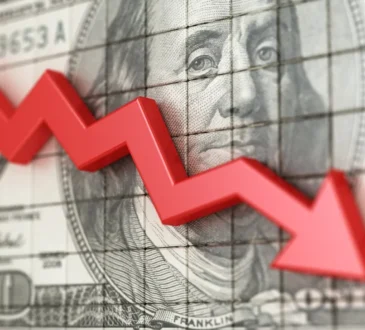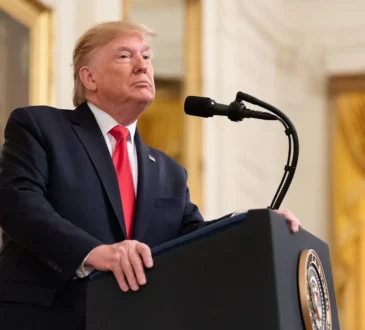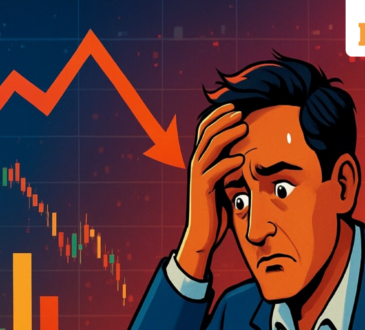If you’re feeling FOMO, envy and greed about record stock prices, you’re not alone. That’s how market bubbles form.

Some stock-market contrarians reassuringly say that investors’ current concern that the S&P 500 SPX, the Dow Jones Industrial Average DJIA and the Nasdaq COMP are all forming a frothy U.S. market bubble is exactly why the market isn’t in one.
But a market bubble can materialize even when most investors are worried about one. Like now. A recent Bank of America fund-manager survey found that a record 91% of survey participants believe the stock market is overvalued, and Google Trends shows a sizable increase in recent weeks in the number of finance-related searches focusing on bubbles, as you can see from the chart below.
When it comes to bubbles, contrarian analysis typically gets it wrong. An analysis of past bubbles suggests not only that widespread concern about bubbles is consistent with one forming — such worry actually plays a central role in a bubble’s latter stages. Consider the definition of bubbles from Robert Shiller, the Yale University finance professor who won a Nobel prize in large part because of his research into stock-market bubbles.
In his 2000 book “Irrational Exuberance,” Shiller wrote that a bubble is self-perpetuating: “News of price increases spurs investor enthusiasm, which spreads by psychological contagion from person to person, in the process amplifying stories that might justify the price increases and bringing in a larger and larger class of investors.”
Shiller added that these newcomers, “despite doubts about the real value of an investment, are drawn to it partly through envy of others’ successes and partly through a gambler’s excitement.”
Notice from Shiller’s description that bubbles involve a high degree of cognitive dissonance: Despite concern about stocks’ overvaluation, investors bet heavily on equities. This dissonance is readily apparent in the Bank of America survey, for example: Even though 91% of survey respondents say that stocks are overvalued, they on balance are more bullish than they’ve been in months.
Investors resolve the dissonance by telling themselves they will know when the bubble is about to burst and get out in time. But the history of bubbles teaches us that this belief represents a triumph of hope over experience. It’s simply the greater-fool theory in disguise.




